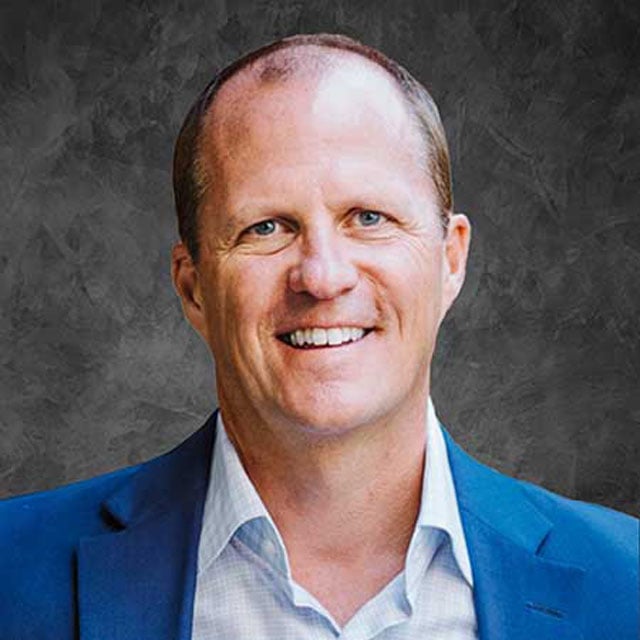RIA Model Is at the 'Tipping Point:' Mercer Advisors' Welling

The financial services industry has undergone a number of significant changes over the decades. For the past few years, an ongoing shift to firms’ adhering to the fiduciary standard has been gathering steam.
And the RIA move is widespread across channels: Broker-dealers “are trying to morph into something that looks more like an RIA. Even the wirehouses are seeking the benefits. …” Dave Welling, CEO of Mercer Advisors, argues in an interview with ThinkAdvisor.
But wirehouses “are, kind of, stuck in a business model that was built in a very different way — around commissions, production and product usage,” he notes.
A major reason for the move to the RIA model is the continuing expansion of services that RIAs offer within their practices.
Having in-house estate planning and tax planning, for instance, “keeps the client from being in the middle to connect all the dots themselves,” Welling notes.
Mercer, an integrator of advisory practices, has been in rapid growth mode since Welling took the helm in 2017. To that point, it had acquired five firms. In the past six years, it has completed another 80.
Total assets under management have shot to $50 billion-plus. When Welling joined the business, it was managing only $9 billion.
Mercer has about 800 lead advisors across the country and 80-plus offices. About half its client-facing teams are female, and more than 15 of its acquisitions are women-led firms.
In the interview with Welling, who was speaking by phone from Boulder, Colorado, he describes his requirements for hiring high-level professionals. Last week, he extended offers to more than 10 candidates to join the Denver-based practice.
Here are excerpts from our conversation:
THINKADVISOR: What are the top trends in the RIA world today?
DAVE WELLING: The fiduciary model is winning; momentum is building. We’re approaching the meaningful tipping point where consumers really understand the meaning of working with a true fiduciary versus a broker or folks whose intentions may not be aligned with their best interest.
Why else is the fiduciary model winning?
The continued expansion of services that are available to clients. Mercer [for example] is bringing multiple services under one roof, from financial planning to investments to tax to estates to insurance.
We’re helping clients connect the dots to get what they really want for the financial matters of their lives.
Do investors actually know all the advantages of being served by an RIA?
They’re learning the differences of working with an advisor who has the requirement to act in their best interest.
I think consumers also like a boutique feel. At Mercer, the services we provide are very personalized. Clients feel that big distinction.
We provide access to things they want and need at a price point that’s highly competitive but have those personalized boutique [characteristics]. No cookie cutters here.
How do you define “personalized”?
With every portfolio, financial plan, risk tolerance [level], goals, concierge-type services, there’s a lot of freedom to personalize our model portfolios around a client’s values.
Our portfolios have ESG [environmental, social, governance] filters to allow clients to invest in a way that’s aligned with their values.
Do you think the advice industry is undergoing “RIA-ization,” as one leader I recently interviewed called it?
All the broker-dealers, from Osaic [formerly The Advisor Group] to Cetera to LPL, are trying to morph into something that looks more like an RIA. Even wirehouses are seeking the benefits of the RIA model.
They’re, kind of, stuck in a business model that was built a very different way — around commissions, production and product usage. So that’s a heavy lift.
To be able to morph those kinds of organizations, considering all the wiring that was set up at a different time for different reasons, [requires] some work.
I wish them the best in that endeavor because if they can do it, it provides more people who are operating under the fiduciary standard.
Are clients asking for more services, or do you promote them before they ask?
Our clients need help connecting the dots. Having an in-house estate-planning team, an in-house tax team, investment management [and so on] keeps the client from being in the middle to connect all the dots themselves.
It’s stressful having to communicate across multiple professionals.






